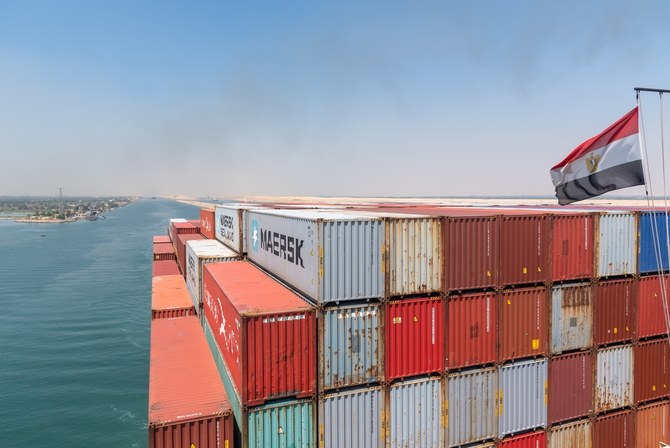Non-oil business activity in Egypt and Gulf countries continued to expand in July but at a slower pace than in previous months, according to recent surveys. The growth was mainly subdued by weaker new order gains.
UAE PMI Slows But Remains Robust The UAE Purchasing Managers' Index (PMI) slipped to 56 in July from 56.9 in June, signaling strong growth in the non-oil private sector. However, new order growth eased, causing business activity to increase at a slower pace.
30% of firms reported higher output while only 2% saw a decline. Employment rose moderately but backlogs of work increased sharply due to demand pressure. Input prices inflation cooled to a three-month low and selling prices decreased at a modest pace.
Saudi PMI Declines But Remains Above Trend The Saudi Arabia PMI fell to 57.7 in July from 59.6, the lowest since December 2021. Chief economist Naif Al-Ghaith said tighter monetary conditions started to impact the private sector.
New orders slowed the most in seven months although new business growth was close to June's high. Future business sentiment remained robust, reflecting confidence in domestic economic outlook.
Egypt PMI Shows Contraction But At Slower Pace Egypt's PMI edged up to 49.2 in July from 49.1, indicating a softer contraction in non-oil private sector operating conditions. Both output and new orders declined slightly.
Selling prices rose modestly and at the slowest pace since April 2022, which may boost demand. Firms retained employees due to lower sales while confidence increased but remained among the lowest in history.










